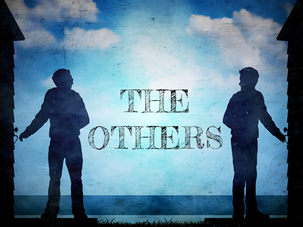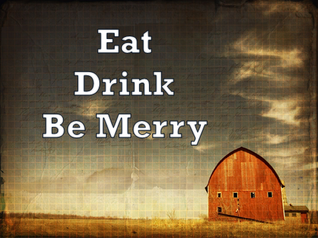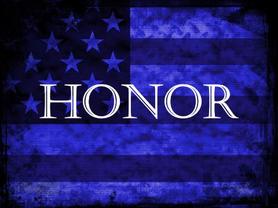
Walking into my local pharmacy this past weekend, I saw a note on the door that read, “Pharmacy is closed today due to illness.” Everyone – including the pharmacist – gets sick. I couldn’t help but laugh at the irony, however.
The note also got me thinking about who I am as a minister. Just as pharmacists sometimes get sick, I have my ups and downs spiritually. But if I am spiritually unhealthy, how can I serve those who seek my aid? The Apostle Paul told a young minister named Timothy, “Keep a close watch on yourself and on the teaching. Persist in this, for by so doing you will save both yourself and your hearers” (1 Timothy 4:16).
Scripture shows that this principle applies to all Christians. Galatians 6:1 says, “Brothers, if anyone is caught in any transgression, you who are spiritual should restore him in a spirit of gentleness. Keep watch on yourself, lest you too be tempted.”
Is your spiritual health in such a place today that others can come to you for encouragement, instruction, and restoration? Do you know of Christians to whom you can turn for such healing?
It has often been said that the church is to be a hospital for sinners and not a hotel for saints. If we are to be such a hospital, then we need to make sure that we are not carrying and spreading the very illnesses we need to be treating. This does not mean that we put on the pretense of hypocrisy. It does mean that we pursue spiritual health for both ourselves and those we treat. A pharmacy can’t dispense medicine when the pharmacist is sick, and the church can’t dispense spiritual healing when plagued by sin.
Jesus once asked a lame man, “Do you want to be healed?” (John 5:6). Jesus alone could make that man walk, and Jesus alone can cure us of sin. May we be blessed in seeking the spiritual healing that only He can provide, and may we bless others in pointing them to the Great Physician.
The note also got me thinking about who I am as a minister. Just as pharmacists sometimes get sick, I have my ups and downs spiritually. But if I am spiritually unhealthy, how can I serve those who seek my aid? The Apostle Paul told a young minister named Timothy, “Keep a close watch on yourself and on the teaching. Persist in this, for by so doing you will save both yourself and your hearers” (1 Timothy 4:16).
Scripture shows that this principle applies to all Christians. Galatians 6:1 says, “Brothers, if anyone is caught in any transgression, you who are spiritual should restore him in a spirit of gentleness. Keep watch on yourself, lest you too be tempted.”
Is your spiritual health in such a place today that others can come to you for encouragement, instruction, and restoration? Do you know of Christians to whom you can turn for such healing?
It has often been said that the church is to be a hospital for sinners and not a hotel for saints. If we are to be such a hospital, then we need to make sure that we are not carrying and spreading the very illnesses we need to be treating. This does not mean that we put on the pretense of hypocrisy. It does mean that we pursue spiritual health for both ourselves and those we treat. A pharmacy can’t dispense medicine when the pharmacist is sick, and the church can’t dispense spiritual healing when plagued by sin.
Jesus once asked a lame man, “Do you want to be healed?” (John 5:6). Jesus alone could make that man walk, and Jesus alone can cure us of sin. May we be blessed in seeking the spiritual healing that only He can provide, and may we bless others in pointing them to the Great Physician.




 RSS Feed
RSS Feed